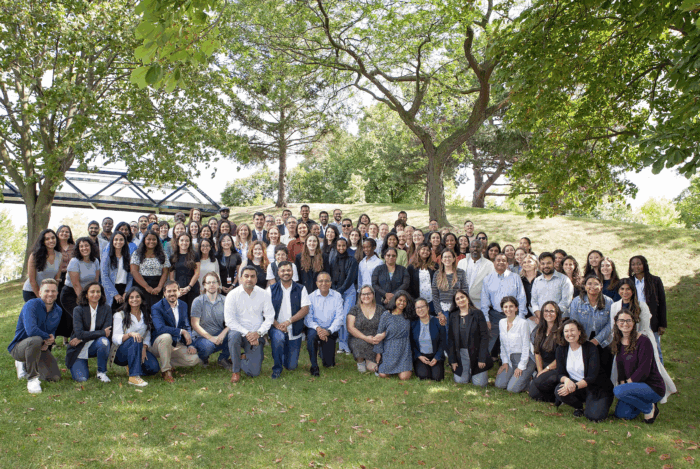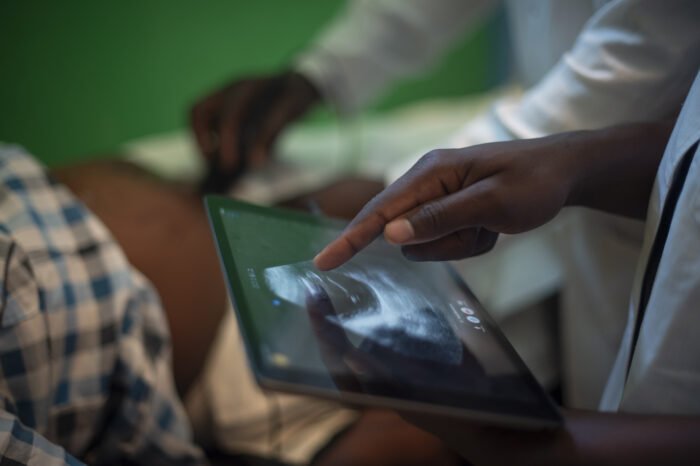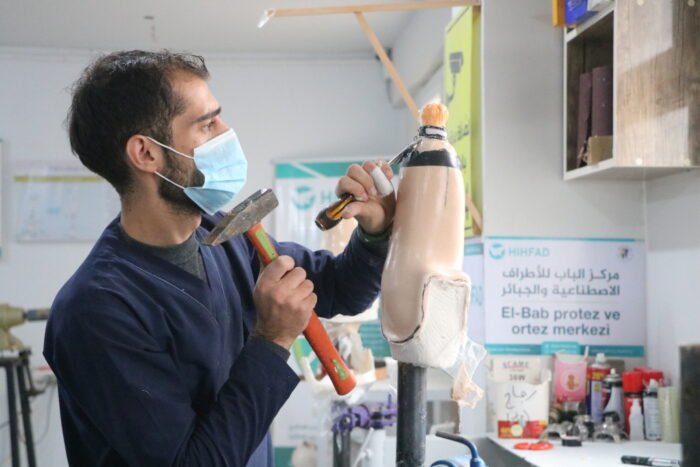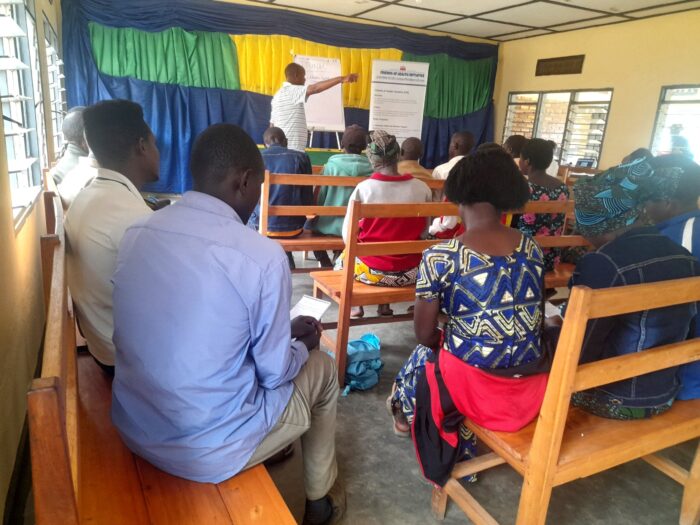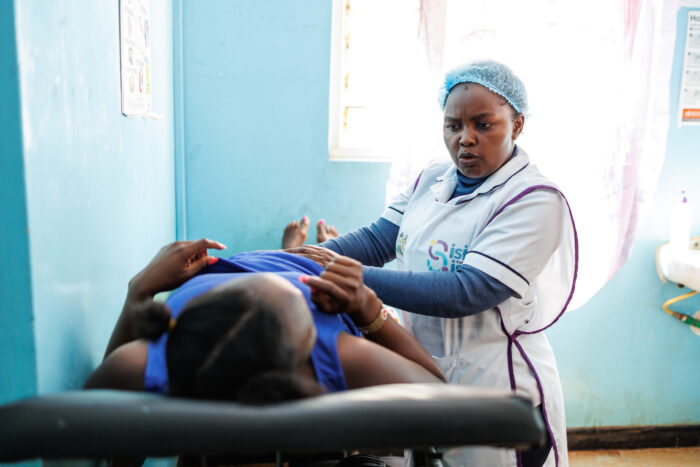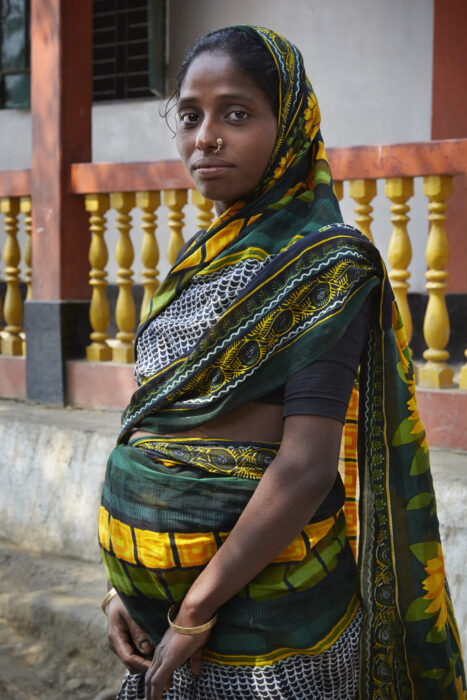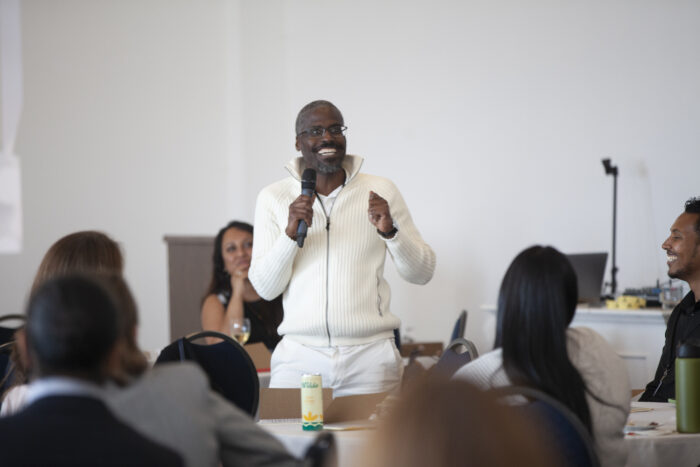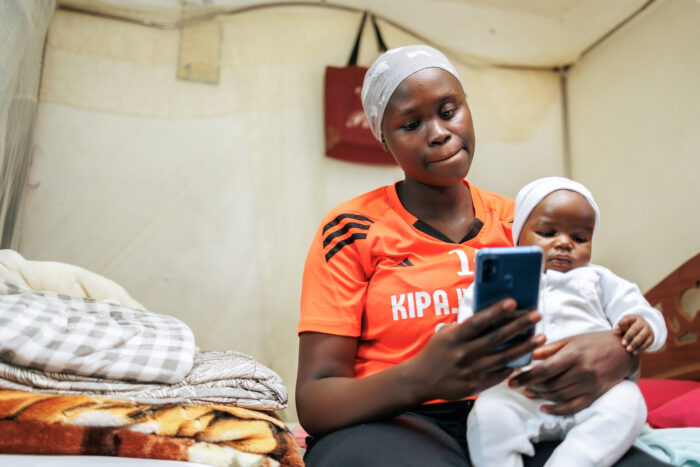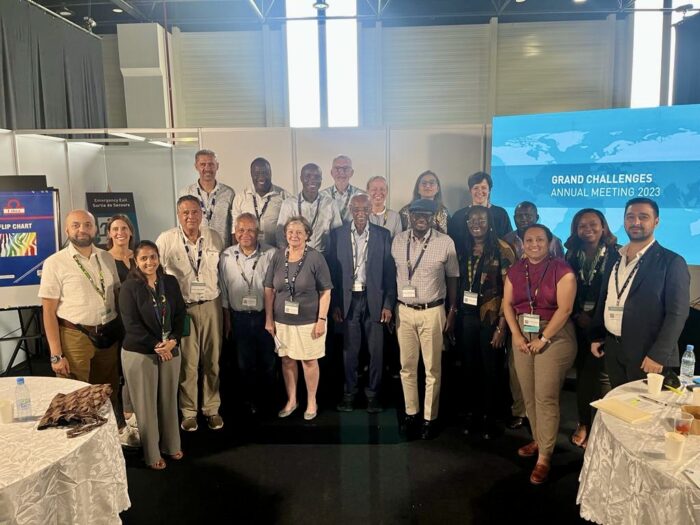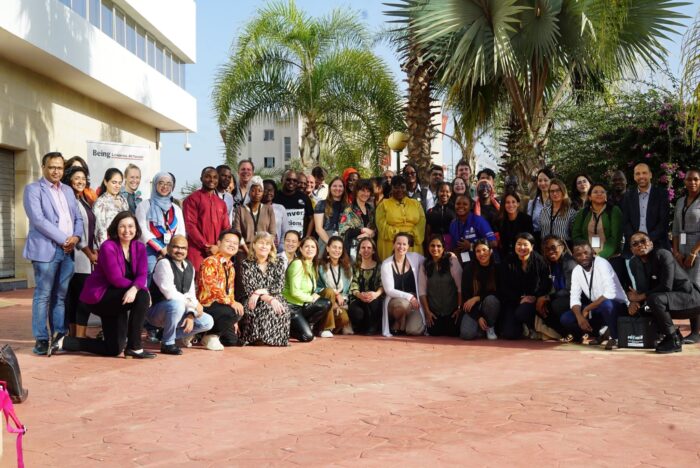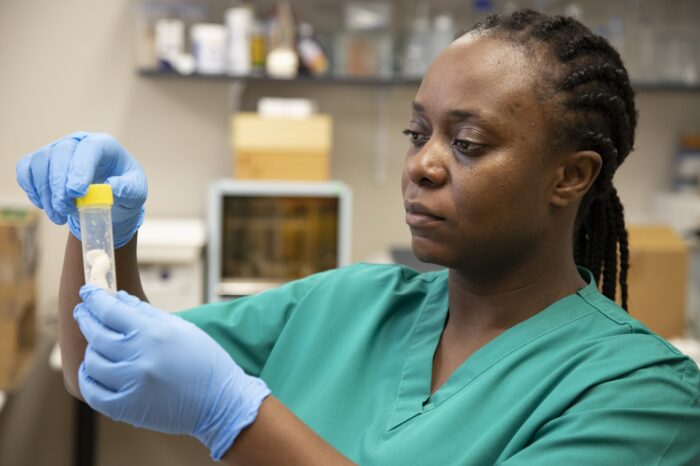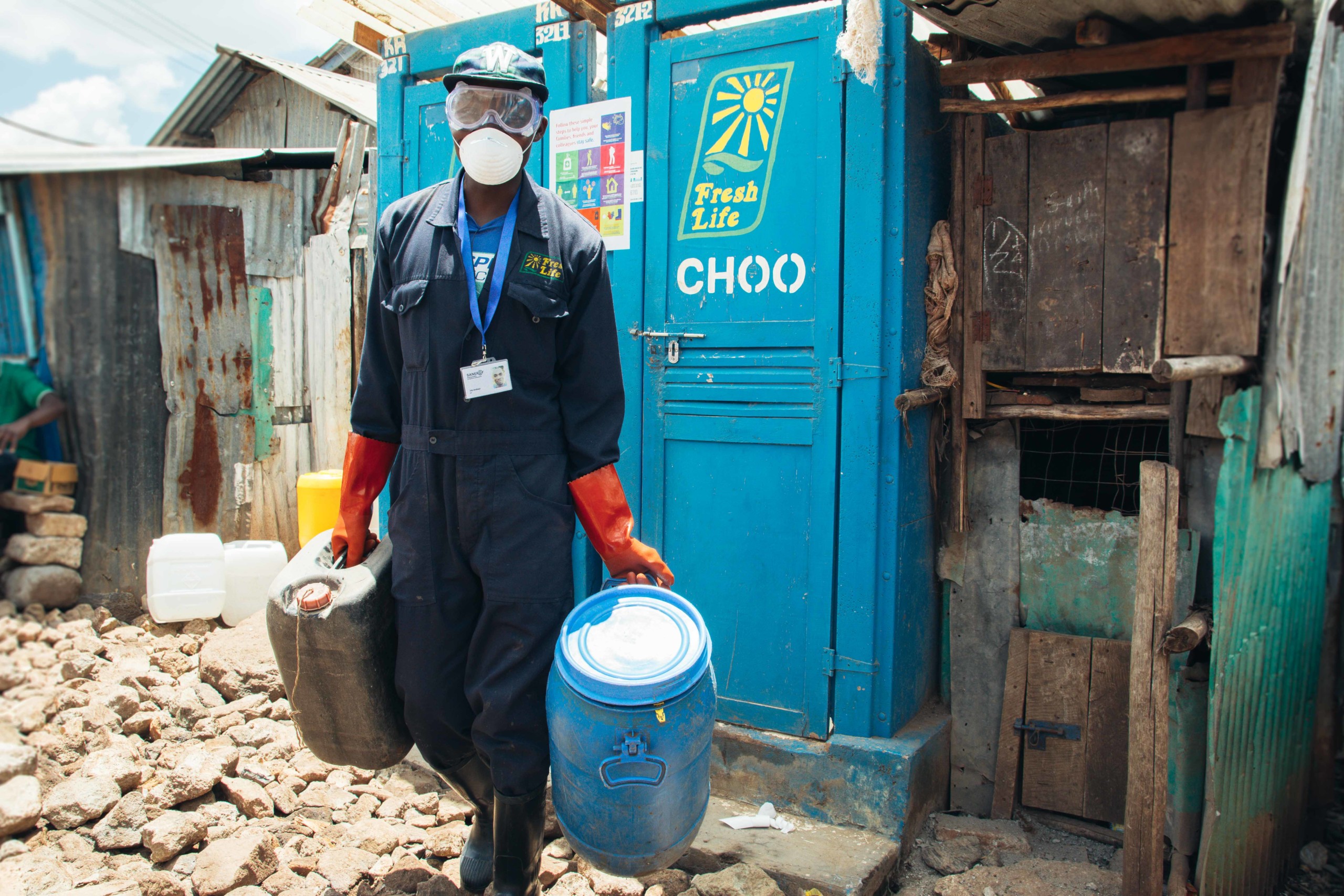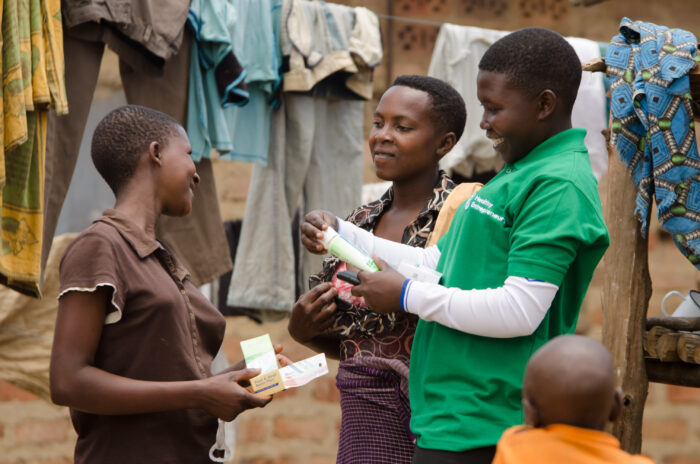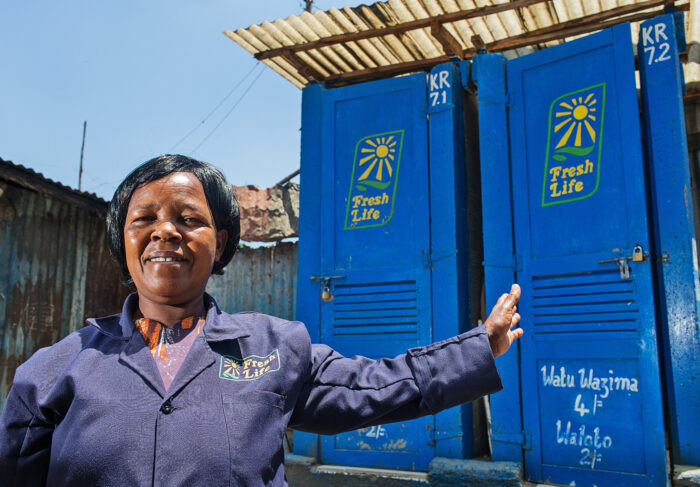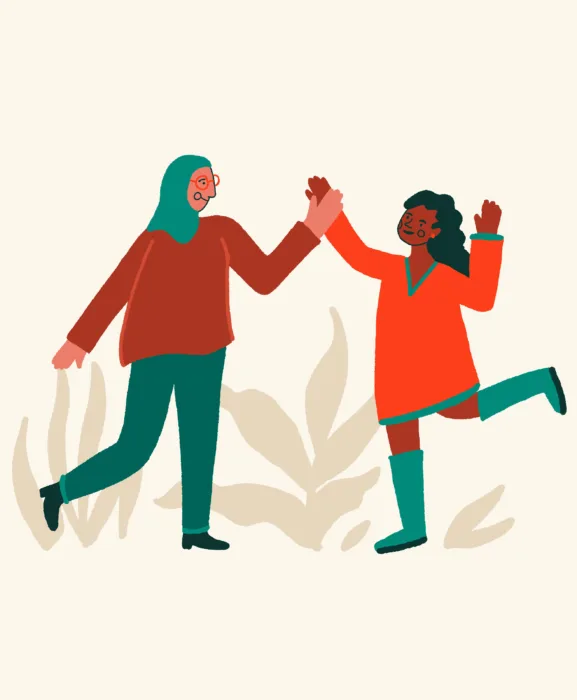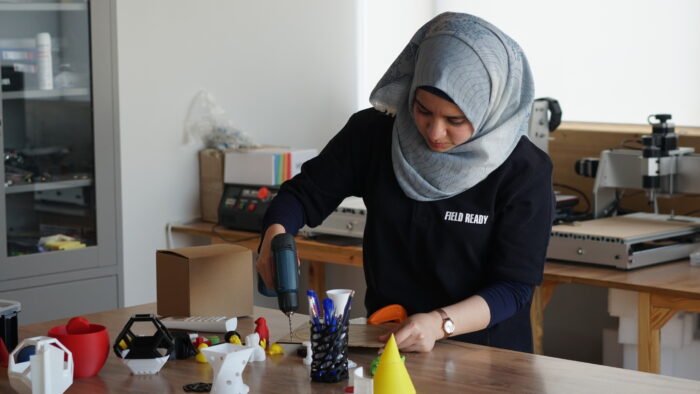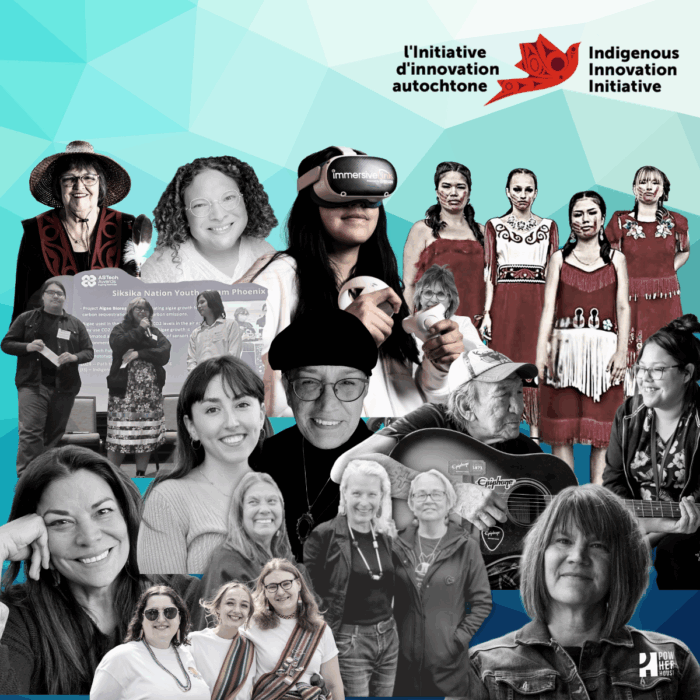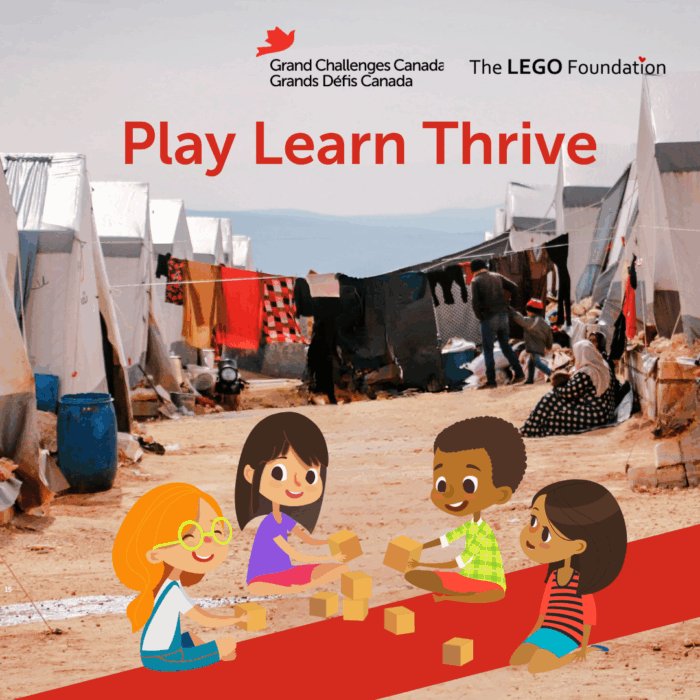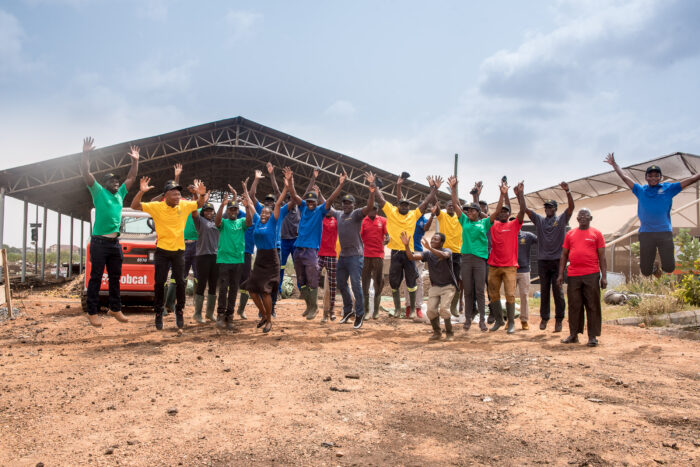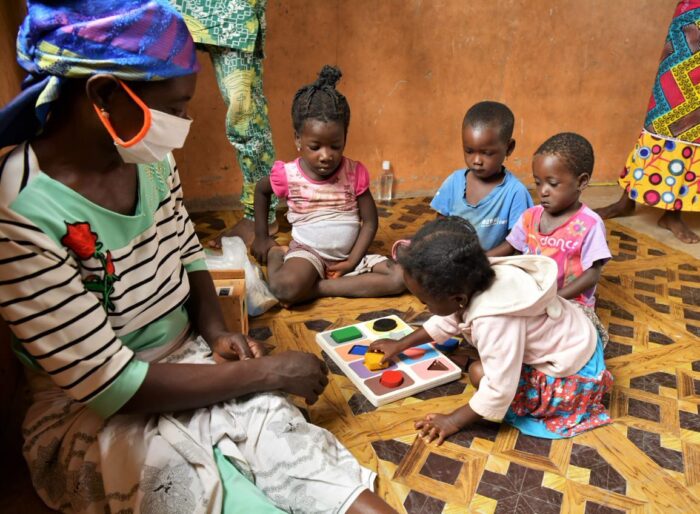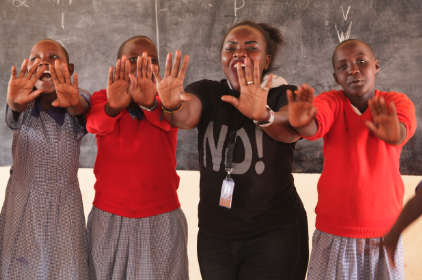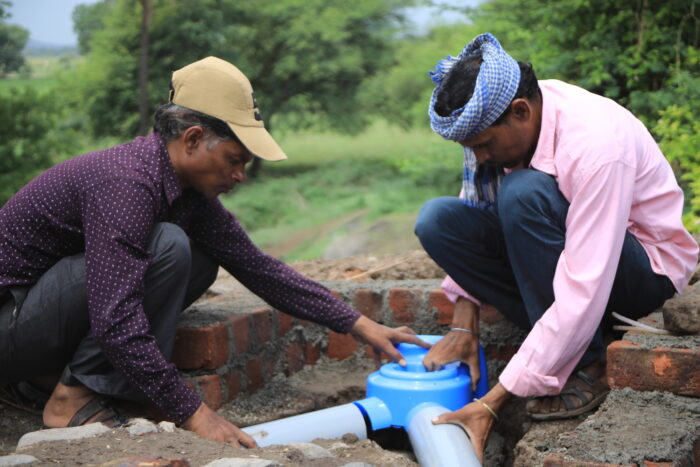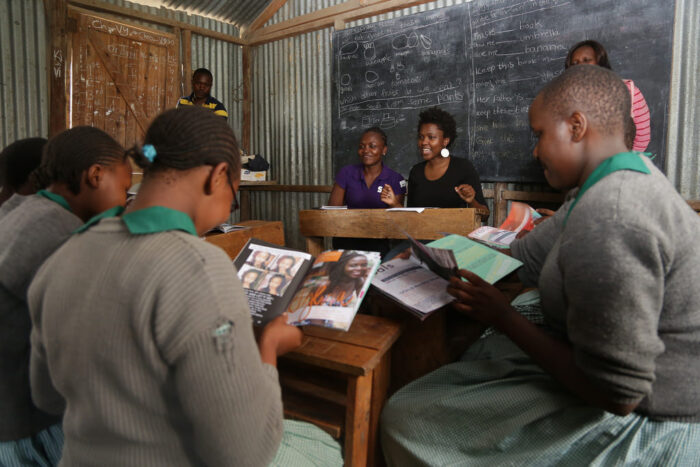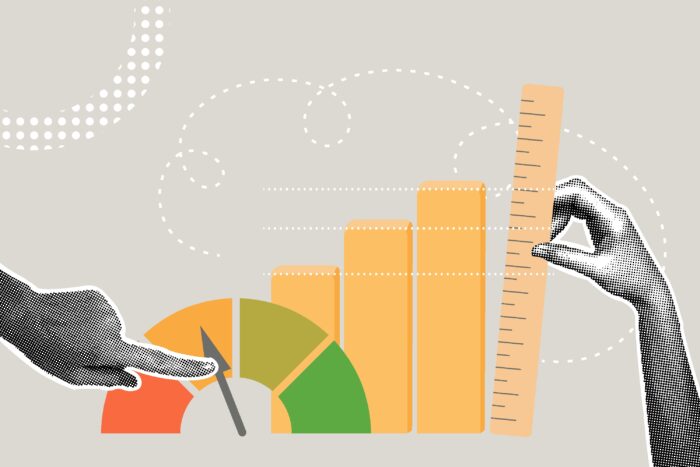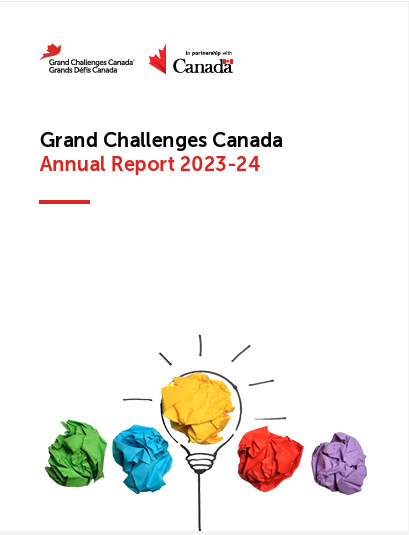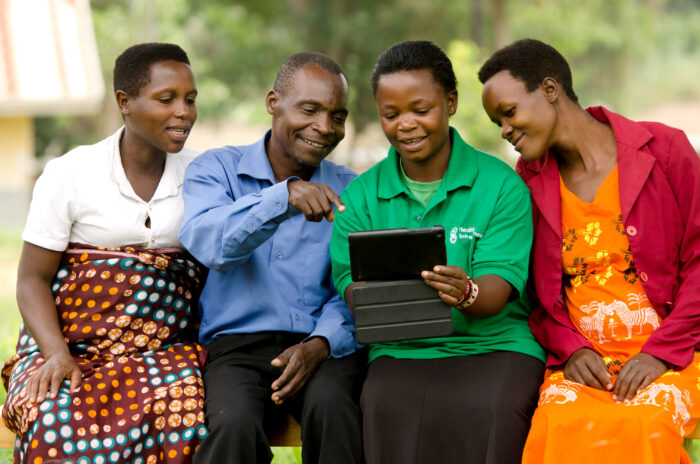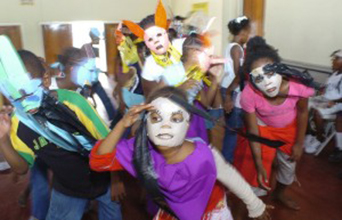March 8 is International Women’s Day. We celebrate the economic, political and social achievements of women, but it is also a moment to raise awareness about the many struggles of women worldwide. Family violence (often a synonym for violence against women) is, unfortunately, a prevalent universal phenomenon, irrespective of whether a country is poor or rich. Violence kills more than 1.6 million people each year. Numbers of victims of non-fatal violence are less available, as a result of embarrassment, intimidation or lack of reporting. In many nations today, victims of family violence suffer in silence, due to the limited availability of healthcare, the lack of social support services or stigma.
Violence directly affects people’s health, resulting in physical, mental, sexual, reproductive and other health problems. It may, for example, increase vulnerability to HIV and is considered a contributing factor to the prevalence of common mental illness. Indirectly, violence has a negative effect on national and local economies. It restricts economic development, increases economic inequality, erodes human capital and increases law enforcement costs.
Intimate partner violence and sexual violence against women are major public health problems and are violations of women’s human rights. UN data indicates that at least one out of three women around the world have been beaten, forced into sex or otherwise abused in her lifetime. The majority of violence against women is carried out by intimate partners, such as spouses, fathers or fathers-in-law. As many as 38% of murders of women are committed by an intimate partner.
The Government of Canada has made the promotion of women’s and girl’s human rights and gender equality a central element of its domestic and foreign policies. It is a cause all Canadians feel strongly about. Canadians played a key role in a successful legal case in Kenya aimed at ensuring the justice system appropriately investigates and prosecutes alleged cases of rape.
Violence against women, and family violence in general, is a major global health challenge. That’s why Grand Challenges Canada, funded by the Government of Canada, calls upon the best and brightest talent, both in low- and middle-income countries and in Canada, to use a combination of scientific/technical, social and business innovation to address this issue – we call this Integrated Innovation. We support Bold Ideas with Big Impact™ in global health from innovators in low- and middle- income countries and Canada.
To date, through our Stars in Global Health, Global Mental Health and Saving Brains programs, Grand Challenges Canada has committed over $6.6 million to 12 innovations aimed at addressing and preventing violence, including family violence, urban violence, rape and violence against children, women and girls, as well as people with mental illness.
We support 12 innovative projects that address the grand challenge of family violence.
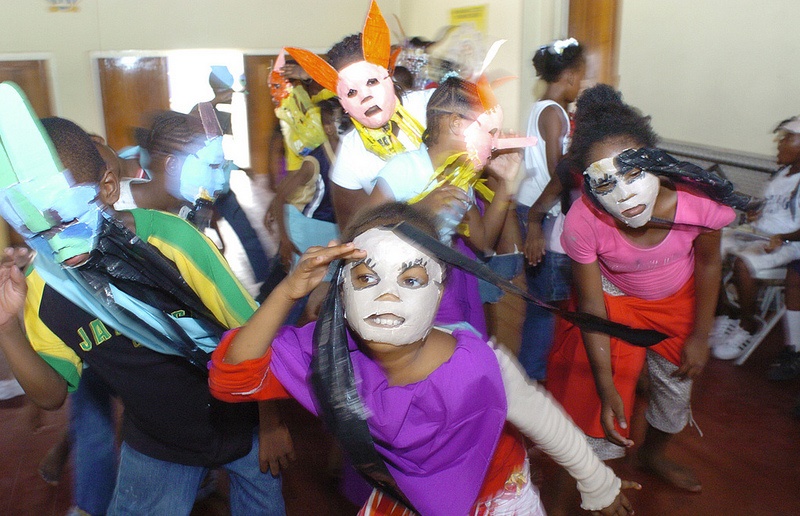
Rape is an intolerable form of violence and a major risk factor for HIV. One of our projects in South Africa is developing inexpensive, user-friendly, self-interviewing devices to help communities identify and dismantle their unique barriers to reporting, ultimately ending the impunity that protects rapists and sustains HIV.
Reducing the number of HIV infections is also the focus of a project in Kenya, called “No sugar for me: an interactive multifaceted approach to fight against sugar-daddies and reduce HIV among adolescents.” A didactic, games-based phone application, with content provided by school girls, will teach adolescents about the risks of sugar daddies. These educational modules will address contextual factors that lead to transactional sex and HIV infection among adolescent girls in Western Kenya.
Bold Ideas for Girls (BIG) is the title of another project in Kenya. Our innovators there address the vulnerability to HIV, harmful gender norms, access to health services and poor life-skills of girls in the Mukuru slums of Nairobi.
Adolescent girls in Zambia face social constraints that make them vulnerable to early pregnancy, HIV and school dropout. The innovation that we are supporting will guard them against violence or intimidation. The project will teach and evaluate an innovative Negotiation Skills Curriculum that will equip girls with the ability to build healthier futures for themselves.
Exposure to family violence and maternal mental health problems are two risks to optimal early childhood development in resource-constrained settings. Our project in Vietnam links communities in rural Vietnam with a multidisciplinary and international team to develop and test a low-cost, non-stigmatizing, structured and universal psycho-educational program to address the risks from conception.

In Ethiopia, screening for domestic partner violence and common mental disorders is critically needed, as well as safe, effective and affordable treatments. An innovative project will develop and deliver an evidence-supported package of care. Included in this bundle is screening of primary healthcare patients for Common Mental Disorders (CMD), treatment with a culturally adapted interpersonal psychotherapy (IPT) in combination with antidepressants, with coexisting attention to key social determinants of mental health, interpersonal violence and stigma. The team has successfully developed relationships with eight traditional healers in sites of traditional healing, to provide an effective mix of traditional and western mental health services to patients.
In Kenya, violence against women is a potent risk factor for depression, anxiety, post-traumatic stress and other common mental disorders, for which no or minimal mental health support is provided. This project will test the effectiveness of Cognitive Behavioural Therapy (CBT) as a way for para-professionals in low-income settings to help such women, creating a much-needed template for interventions that could be contextualized and rolled out for different violence-affected populations globally, engaging government structures to ensure sustainability.
Domestic violence is a reality for many Haitian children, leading to developmental, behavioural and emotional problems. Unfortunately, Haiti lacks the infrastructure to manage the mental health needs of its people, so Haitians must draw on their traditional healing networks to address their mental health issues. Grand Challenges Canada is supporting a project that will create a network of Haitian community services and caregivers to promote mental health, to offer psychosocial services and, specifically, to oppose family violence, abuse and the potential mental health problems caused.
Dealing with youth and urban violence is the main focus of a project in Jamaica. The country has the world’s third highest homicide rate (53 per 100,000). We are funding the development of a Community Engagement Cultural Therapy (CECT) program that will stimulate group discussion of painful issues using drama, song and dance to translate and help express concerns. The community will be guided through the creation of goals for social and financial development. Objectives include reducing child conduct disorders, as well as reducing domestic and interpersonal violence among youths and adults, stimulating youth employment and reducing poverty.
Reducing violence, stimulating adult cognition and improving mental health are the outcomes of a project in Jamaica. As in many other low and middle income countries, Jamaican kids do not reach their developmental potential due to the lack of learning opportunities at home. An innovative web package with curriculum, training manuals and videos of home visits will be made available. The intervention can be conducted by community workers and has been successfully implemented in other countries.
Poverty and a lack of opportunity breed excesses and abuse. The Government of Canada, through Grand Challenges Canada, is lessening the burden of family violence in low-resource countries by introducing innovative and sustainable solutions.
We encourage you to post your questions and comments about this blog post on our Facebook page Grand Challenges Canada and on Twitter @PeterASinger @gchallenges
